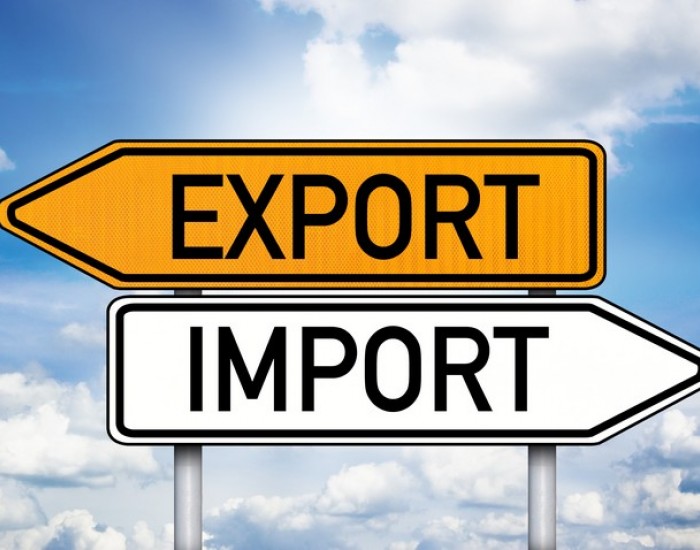PREPARE YOUR COMPANY FOR JANUARY 2021 - BREXIT AND CUSTOMS DUTIES
The United Kingdom has left the European Union and the post-Brexit transition period is ending on December 31st, 2020. There is talk of the "New Beginning of Great Britain", but what does this mean for us citizens and entrepreneurs from EU countries?
January 1st, 2021,will be a date that will surely go down in history not only of Great Britain but of the whole of Europe, if not of the world. United Kingdom leaving the EU, known as Brexit became a reality on February 1st, the withdrawal agreement concluded between the EU and the United Kingdom becomes effective. According to it, Great Britain (along with Northern Ireland) will become a third country, which will cause considerable difficulties related to traveling or the exchange of goods between countries. The consequence of leaving the single market of the European Union is, first of all, basing economic relations on the general principles of the World Trade Organization (WTO), which means, i.e. the introduction of customs duties and customs controls, changes in the rules of settling VAT, excise duty, restrictions for transport companies or the need for entrepreneurs and exporters to adapt to the new British regulations. These and many other difficulties will certainly become the new reality of the trade between the European Union and the United Kingdom on January 1st, 2021.





